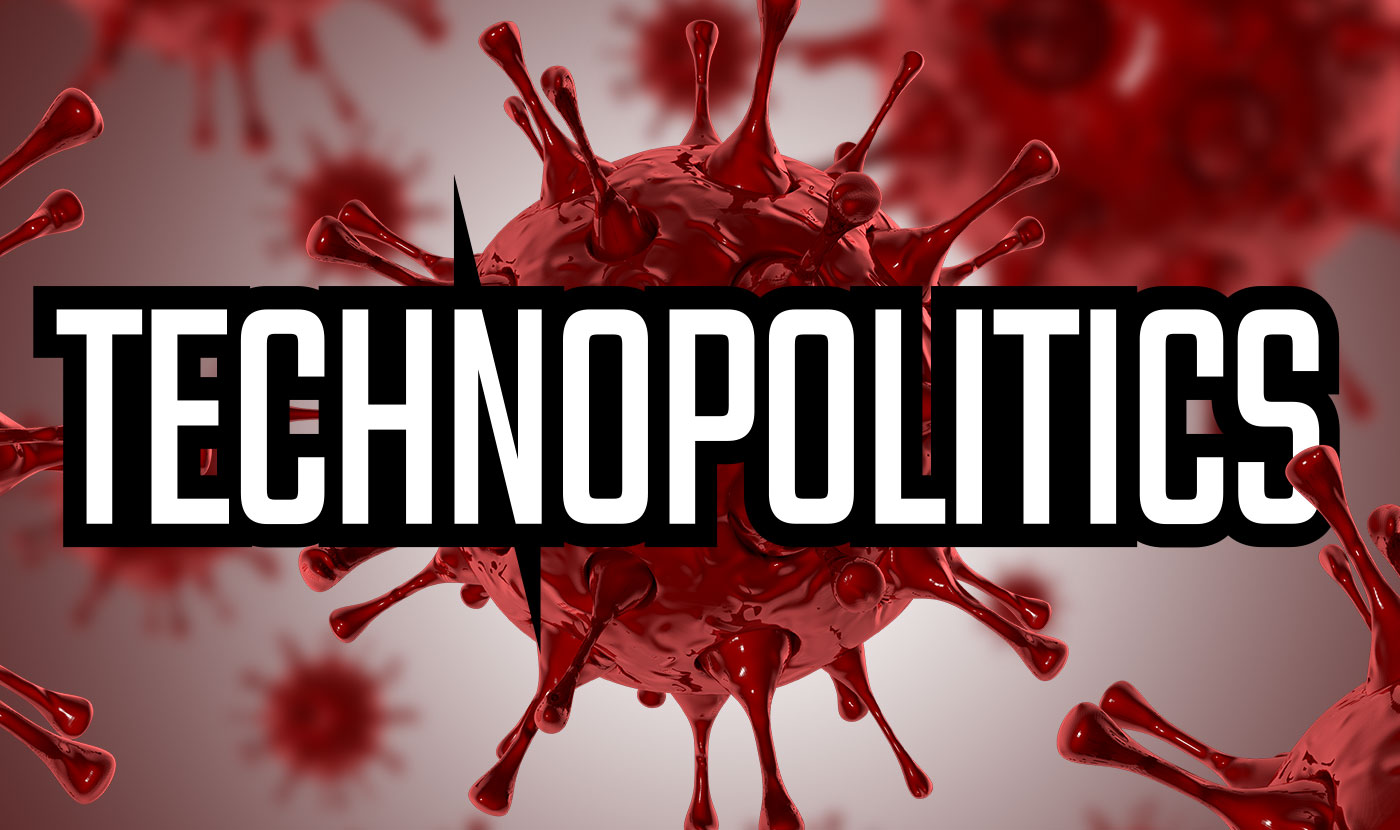
09.03. Book Launch “Aesthetics of the Commons”
1 March, 2021 - 14:55 by felix
We are very happy to announce the launch of our book "Aesthetics of the Commons", online via Depot in Vienna.
Tuesday, 9 March 2021, 7 pm (CET)
Link to zoom meeting (will be active at 6.45 pm):
https://us02web.zoom.us/j/82459911204?pwd=Y0FscUMwS1c5QmNtSmxTZ2JmMW9Xdz09
Book launch and discussion
What do a feminist server, an art space located in a public park in North London, a ‘pirate’ library of high cultural value yet dubious legal status, and an art school that emphasizes collectivity have in common? They all demonstrate that art can play an important role in imagining and producing a real quite different from what is currently hegemonic; that art in the post-digital has the possibility to not only conceive or proclaim ideas in theory, but also to realize them materially. The underlying social imaginaries ascribe a new role to art in society and they envision an idea of culture beyond the individual and its possessions.
03-30.11. 25 Years "Network Society", Barcelona (online)
4 December, 2020 - 19:21 by felix16.-17.10 Momentum Kongress
19 October, 2020 - 14:19 by felixMomentum Kongress 2020: Republik, 16 & 17.10. (online)
Track #8: Öffentliche Güter und Räume jenseits von Staat und Markt
Trackmoderation: Felix Stalder
17.06. Digitalität Post-Covid (emc Wien) (online)
18 June, 2020 - 09:33 by felixGastvortrag und Diskussion. ecm - educating/curating/managing. Masterlehrgang für Ausstellungstheorie & -praxis
18.00–19.30 Digitalität Post-Covid
16.06. Ringvorlesung: Art and Digital Culture (AdBK, Nürnberg) (online)
10 June, 2020 - 16:11 by felixProf. Dr. Felix Stalder: Zur Kultur der Digitalität
https://kunst-transfer-praxis.adbk-nuernberg.de/programm/ss-2020/zur-kul...
Online-Vortrag
10. Juni 2020, 18 Uhr
In der Ringvorlesung werden verschiedene Implikationen von Digitalität in Alltagskulturen wie auch in der zeitgenössischen Kunst thematisiert und ihre kulturgeschichtlichen, gesellschaftlichen und ökonomischen Auswirkungen diskutiert. Die immer weiter zunehmende Bedeutung digitaler Technologien für die zeitgenössische Kunst wird von Künstler*innen, Kultur- und Medienwissenschaftler*innen, Designer*innen und Kurator*innen im Hinblick auf aktuelle Entwicklungen zur Sprache gebracht.
Felix Stalder ist Professor für Digitale Kultur und Theorien der Vernetzung an der Zürcher Hochschule der Künste und freier Autor in Wien. Er beschäftigt sich mit dem Wechselverhältnis von Gesellschaft, Kultur und Technologien und forscht u.a. zu Netzkultur, Urheberrecht, Commons, Privatsphäre, Kontrollgesellschaft und Subjektivität. Stalder ist zudem Vorstandsmitglied des World Information Institute in Wien, Mitglied des freien Forschungsprojekts "Technopolitics" und langjähriger Moderator der internationalen Mailingliste
Ausgehend von seiner gleichnamigen Publikation wird Felix Stalder die zentralen Aspekte seines Verständnisses der "Kultur der Digitalität" (erschienen 2016 im Suhrkamp Verlag) vorstellen.
21.04. Crises, Cracks and Openings. Technopolitics of COVID-19 (online)
17 April, 2020 - 16:04 by felixTuesday, April 21. 20:00
(CEST, Central European Summer Time), Via ZOOM
Join Zoom Meeting: https://zoom.us/j/94058587129
Meeting ID: 940 5858 7129
Crises, Cracks and Openings. Technopolitics of COVID-19
02.04. Netzpolitischer Abend Wien (online)
1 April, 2020 - 09:43 by felixDerzeit ist alles ein wenig anders als sonst. Um einer weiteren Verbreitung von SARS-CoV-2, bekannt als Corona-Virus, entgegenzuwirken und den gesetzlichen Anforderungen zu entsprechen, findet der Netzpolitische Abend am 2. April 2020 um 19.30 Uhr online statt. Wir haben anlassbezogen auch das Format etwas geändert. Anstelle von drei Vorträgen gibt es eine Diskussionsrunde sowie Impuls-Statements zu einem Thema, das derzeit in aller Munde ist: COVID-19, Big Data und Freiheitsrechte – wo geht die Reise hin?
29.02. Technopolitics Salon (Herzliya, Tel Aviv)
23 February, 2020 - 23:12 by felix13 & 14.02 THE WHITE WEST III, Automating Apartheid. Conference (Vienna)
29 January, 2020 - 15:43 by felixhttps://kunsthallewien.at/en/event/the-white-west-iii-automating-apartheid/
KASINO AM SCHWARZENBERGPLATZ
Conceptualized by Kader Attia and Ana Teixeira Pinto
Organized by Kunsthalle Wien in cooperation with Burgtheater
In his famous essay Discourse on Colonialism, the poet Aimé Césaire argued that what in Europe is called ‘fascism’ is just colonial violence finding its way back home. But his warnings went unheeded. More widely read was The Authoritarian Personality by Theodor Adorno et al. Published in 1950, the same year as Discourse on Colonialism, it developed the F scale (F for fascist) in order to gauge the psychological predisposition for fascism among the democratic citizenry, leaving the post-war consensus to settle on the notion that fascism was a personality trait, resulting from the devolution of the individuated liberal subject. Still dominant today, this tendency to psychologize fascism fails to incorporate the colonial dimension, obscuring the continuities between fascism and the biopolitics of empire, and ultimately depoliticizes both.
Seventy-five years later, while the West indulges in fantasies of reverse colonization involving the subjugation of white people, the process of recolonization has been renewed with increased ferocity. Recent events in Bolivia, driven by the hunger for lithium, commonly used for mobile devices or electric vehicles, make apparent the structuring force of race in geopolitics, as well as the role of the digital economy in the production and reproduction of a new settler frontier.


















